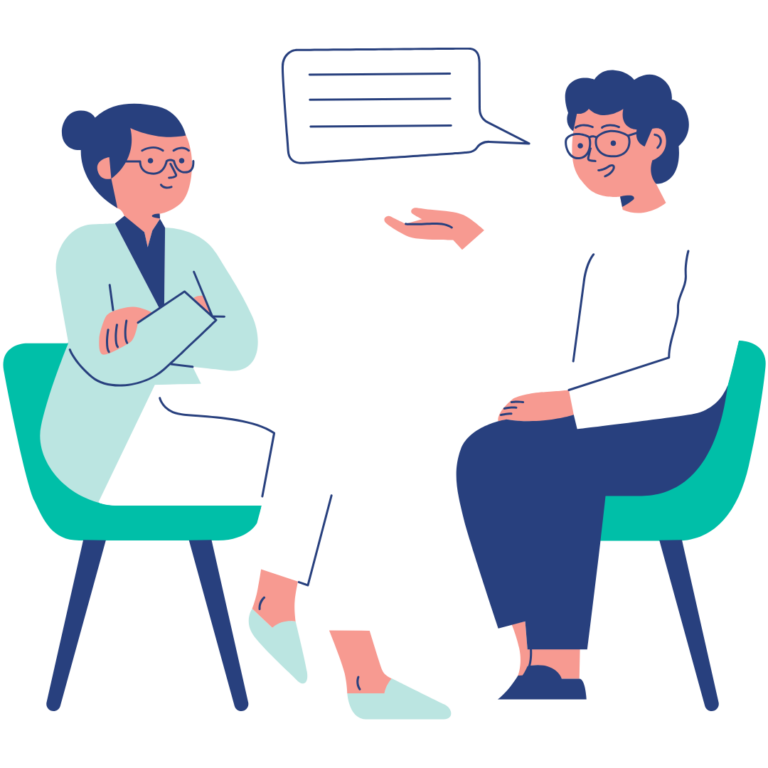Through their Onepoll survey, Forbes reports that 47% of Americans think that therapy is a sign of weakness and that just isn’t true. In reality, I would say that getting therapy and talking to a licensed professional about your issues is the best thing you can do for yourself. It allows you to face your problems and even find solutions for them. A therapist can offer insights into an individual’s actions and situations, diagnosing them and so much more.
Along with that, there are many additional benefits to therapy. According to PsychCentral, there are numerous reasons to go to a therapist. First of all, you would have a better understanding of your mental health and develop a stronger sense of self. Talking through the things going on in your life regularly can help you understand your mannerisms and decisions by giving an outsider a look into your life and they’re able to tell you what you need. Second, it can help you develop wellness goals for the future. This is immensely important especially if you’re in a tough spot mentally and aren’t able to get yourself to do anything, having a person who can help you with it can be powerful, even if they are minuscule tasks such as cleaning your house, going to the gym, or anything similar to get you out of a rut. Of course, there are many other bigger personal goals that a therapist would be able to help you with as well. Lastly, talking to a professional could help you face past trauma and overcome your fears, big or small. Talking through the aspects of life or anything that scares you can be more impactful than you think. According to the Mental Health Foundation talking to someone about your fears can encourage you to get the help you need.
Now that I have talked about all the benefits of therapy there are different types of (talk) therapy you should know of:
- Supportive Therapy: This is a form of psychotherapy that is used with patients struggling with depression or anxiety disorder. According to Zencare, it relies on a therapeutic alliance to strengthen self-esteem, regulate impulsive decisions and negative thinking, help cope with stress and challenges, and more.
- Psychodynamic Therapy: This form of therapy analyzes a patient’s situations and decisions to figure out the thought process behind their actions through past events or unresolved conflicts.
- Interpersonal Therapy: This form of therapy focuses on improving relationships and bonds with people around the patient instead of targeting childhood developmental issues.
- Cognitive Behavioral Therapy: CBT aims to change negative thinking patterns by identifying unhelpful thoughts to learn methods to control negative thoughts. The goal of cognitive behavioral therapy is to rid yourself of false and distressing beliefs.
- Dialectical Behavior Therapy: Last but not least, Dialectical behavior therapy, based on CBT practices, is mainly used for people who find it difficult to regulate their emotions, and feel intense emotions. According to the Cleveland Clinic, the main goal of DBT is to strike a balance between helping individuals accept themselves and their challenges whilst working on the benefits of changing their habits for self-improvement.
If you want to give therapy a try there are many resources out there where you can make appointments with reliable therapists such as Better Help or check in with your doctor for a referral. I assure you, whatever you’re going through is completely valid and talking to someone will help, don’t be afraid to reach out.
Authored By: Poorvi Deshpande, Mental H2O Youth Resource Writer


